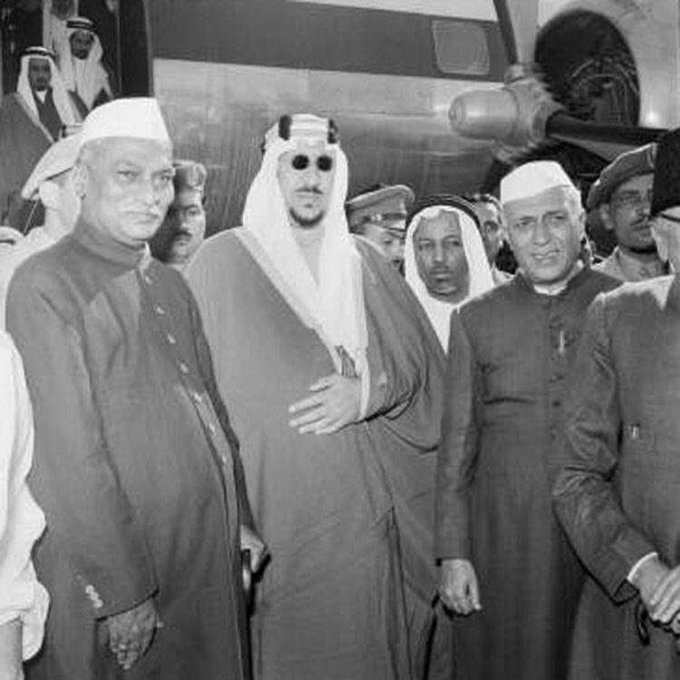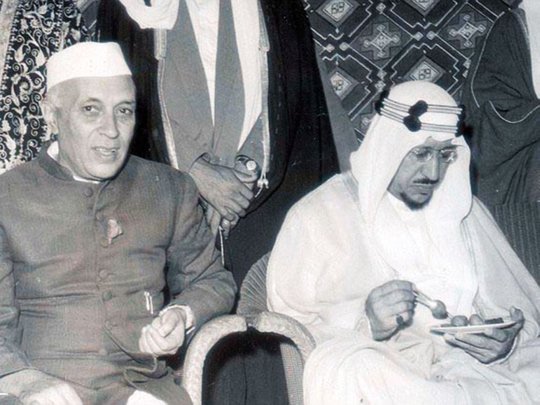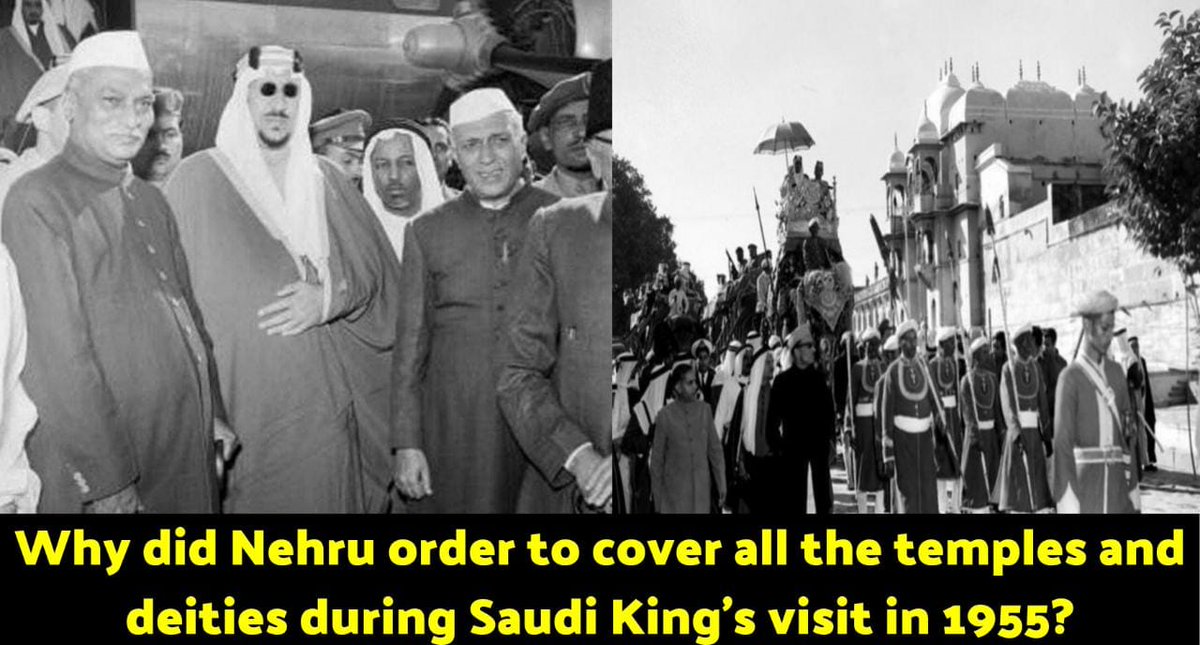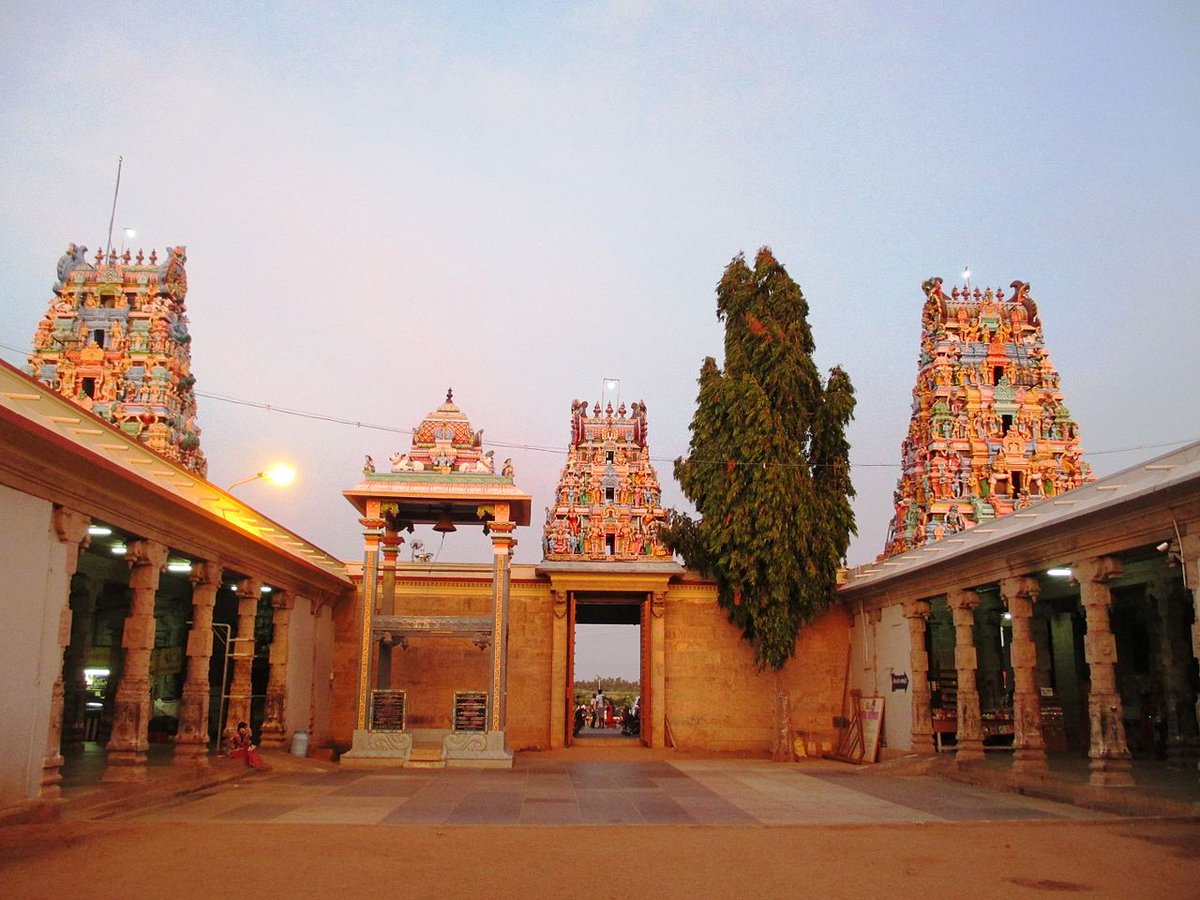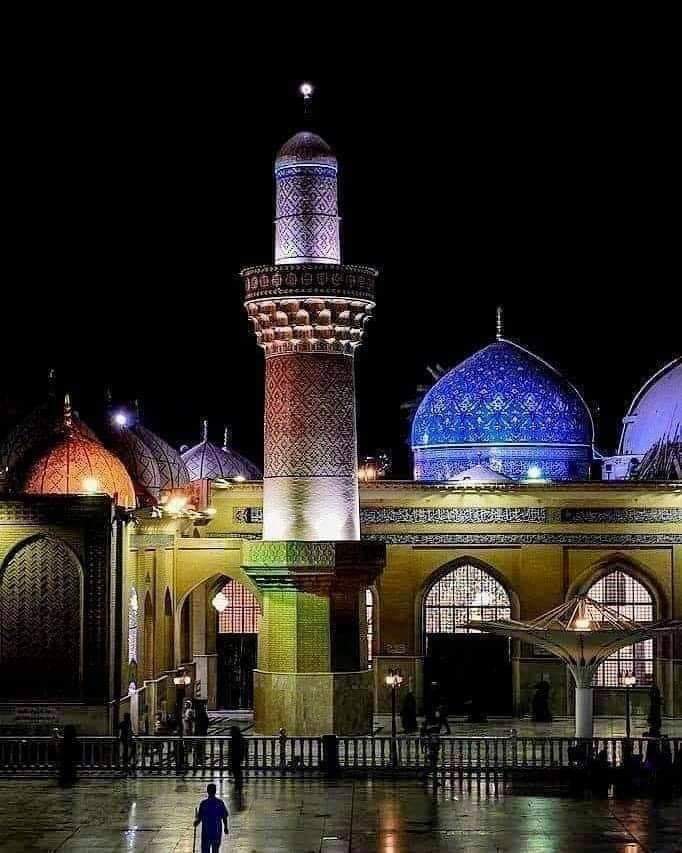1/10 Today, 63 year ago, Prime Minister Indonesia, Mr. Djuanda, declared unilaterally the use of archipelagic baselines, for joining the outmost islands. The waters enclosed was then declared as internal waters (Deklarasi Djuanda 1957).
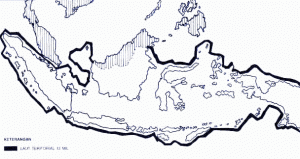
More from Government
Let me take a stab at this after years of reporting on Marine One, HMX-1, Continuity of Government, etc. None of this is definitive, but it could help explain what folks are seeing:
1.) HMX-1, which flies the VH-3D and VH-60N 'White Top' helicopters used to move... 1/X
the President and VP around, those helos being called Marine One or Two when either is onboard, need to train. The urban landing zones, including WH and VP Residence, are not simple to get in and out of. So, crews need some currency training. They are not just tasked with... 2/X
moving POTUS and VP to get them around the region and to Andrews AFB for long-haul flights, they are essential to Continuity of Government operations. This means that if a threat were to emerge, they need to be ready to snatch POTUS and VP in minutes. This is partially... 3/X
why they have a full forward operating location at Naval Support Activity Anacostia, just 3 miles from the WH. As such, practice is important and considering the state of things, it is critical now more than in any recent memory. 4/X
2.) Considering what happened last week, including mobs of Trump supporters screaming in unison to hang the VP for doing what the constitution states, absolutely despicable in every way, security has been tightened just as it has been all over. Using the helicopters instead.. 5/X
1.) HMX-1, which flies the VH-3D and VH-60N 'White Top' helicopters used to move... 1/X
Very noisy helicopters flying around Vice President\u2019s residence \u2014 what is going on? pic.twitter.com/XPs1A3px7m
— Michael Beschloss (@BeschlossDC) January 11, 2021
the President and VP around, those helos being called Marine One or Two when either is onboard, need to train. The urban landing zones, including WH and VP Residence, are not simple to get in and out of. So, crews need some currency training. They are not just tasked with... 2/X
moving POTUS and VP to get them around the region and to Andrews AFB for long-haul flights, they are essential to Continuity of Government operations. This means that if a threat were to emerge, they need to be ready to snatch POTUS and VP in minutes. This is partially... 3/X
why they have a full forward operating location at Naval Support Activity Anacostia, just 3 miles from the WH. As such, practice is important and considering the state of things, it is critical now more than in any recent memory. 4/X
2.) Considering what happened last week, including mobs of Trump supporters screaming in unison to hang the VP for doing what the constitution states, absolutely despicable in every way, security has been tightened just as it has been all over. Using the helicopters instead.. 5/X
You May Also Like
🌿𝑻𝒉𝒆 𝒔𝒕𝒐𝒓𝒚 𝒐𝒇 𝒂 𝑺𝒕𝒂𝒓 : 𝑫𝒉𝒓𝒖𝒗𝒂 & 𝑽𝒊𝒔𝒉𝒏𝒖
Once upon a time there was a Raja named Uttānapāda born of Svayambhuva Manu,1st man on earth.He had 2 beautiful wives - Suniti & Suruchi & two sons were born of them Dhruva & Uttama respectively.
#talesofkrishna https://t.co/E85MTPkF9W
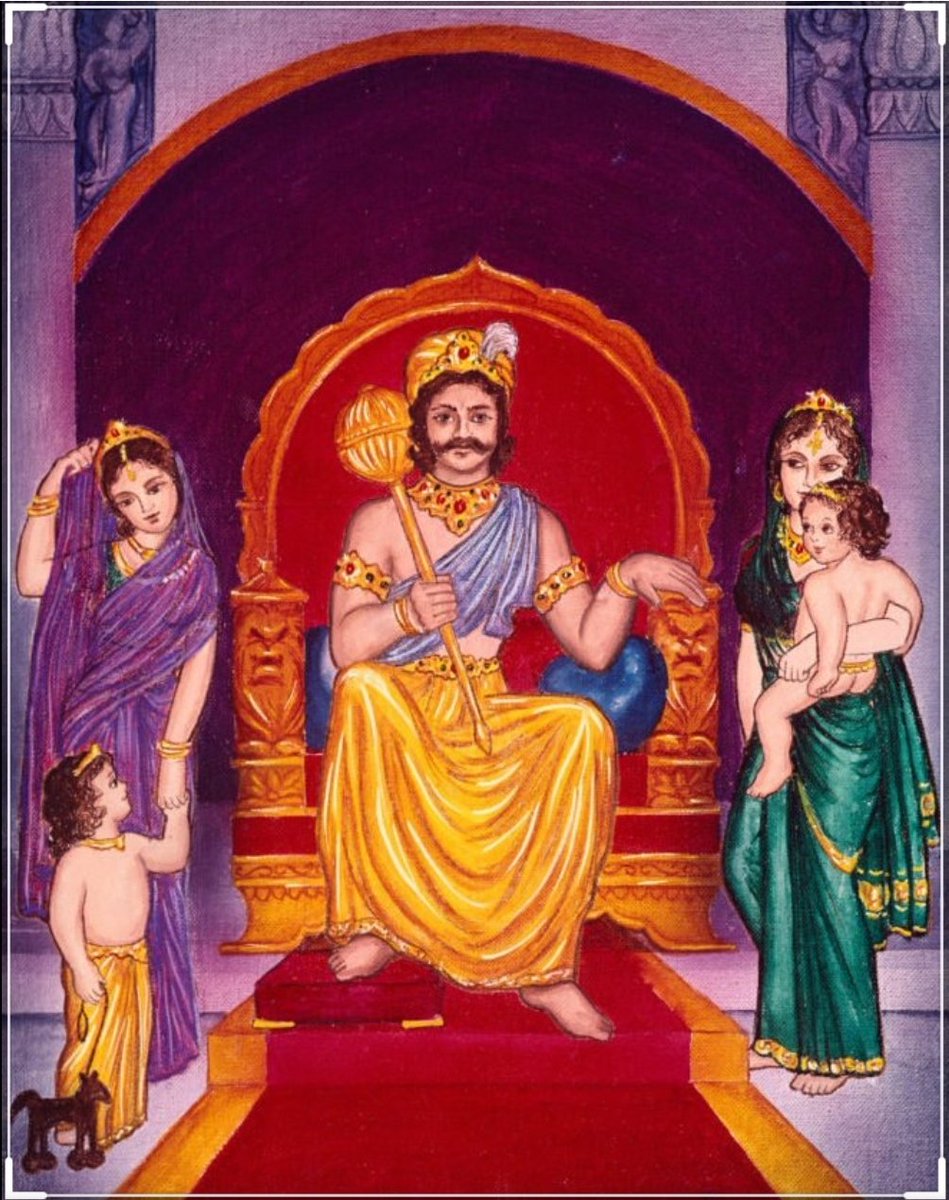
Now Suniti was the daughter of a tribal chief while Suruchi was the daughter of a rich king. Hence Suruchi was always favored the most by Raja while Suniti was ignored. But while Suniti was gentle & kind hearted by nature Suruchi was venomous inside.
#KrishnaLeela
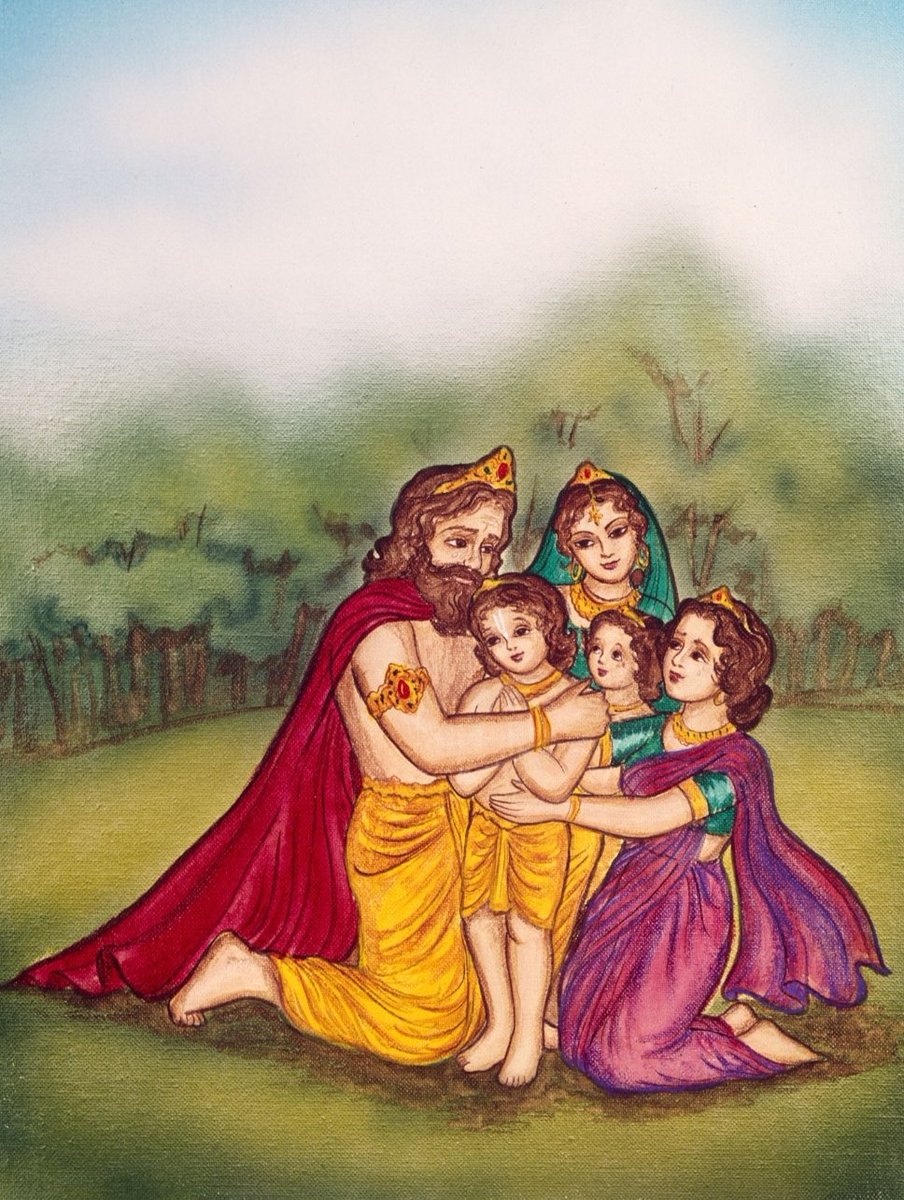
The story is of a time when ideally the eldest son of the king becomes the heir to the throne. Hence the sinhasan of the Raja belonged to Dhruva.This is why Suruchi who was the 2nd wife nourished poison in her heart for Dhruva as she knew her son will never get the throne.
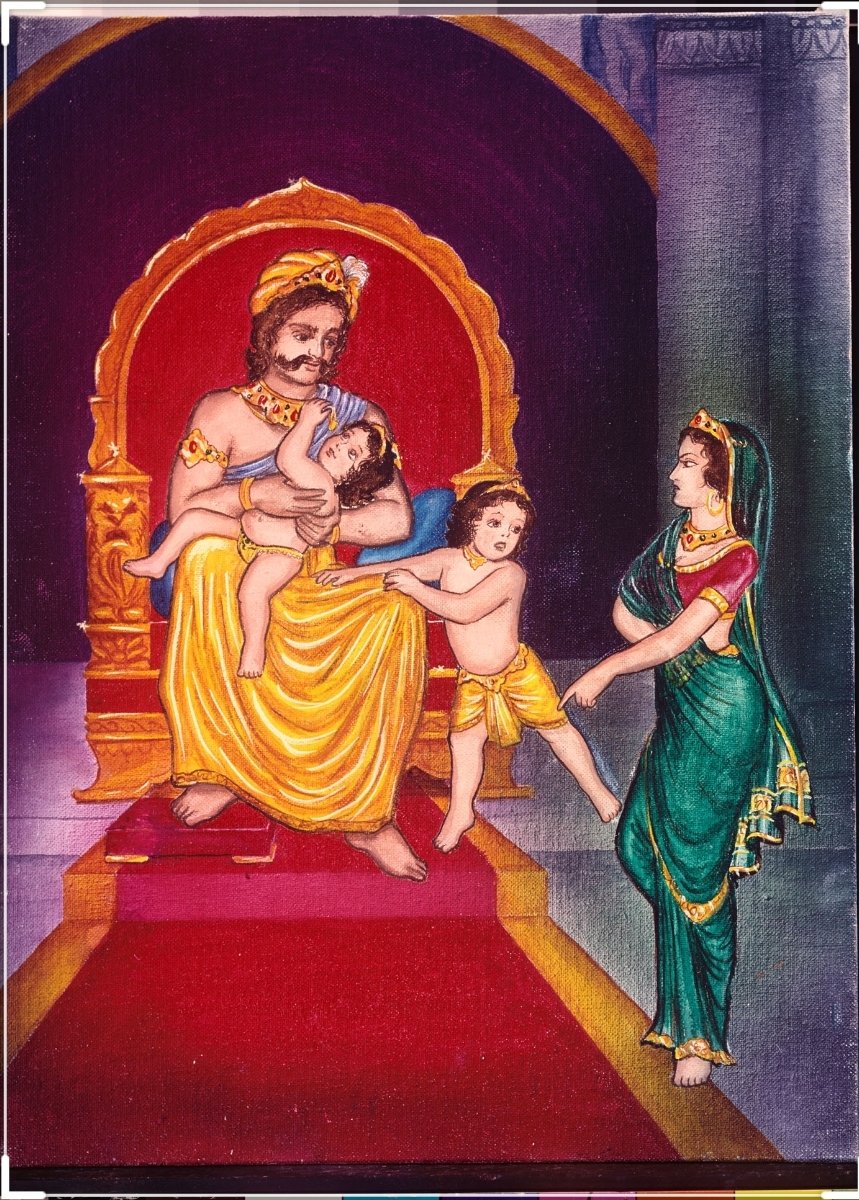
One day when Dhruva was just 5 years old he went on to sit on his father's lap. Suruchi, the jealous queen, got enraged and shoved him away from Raja as she never wanted Raja to shower Dhruva with his fatherly affection.
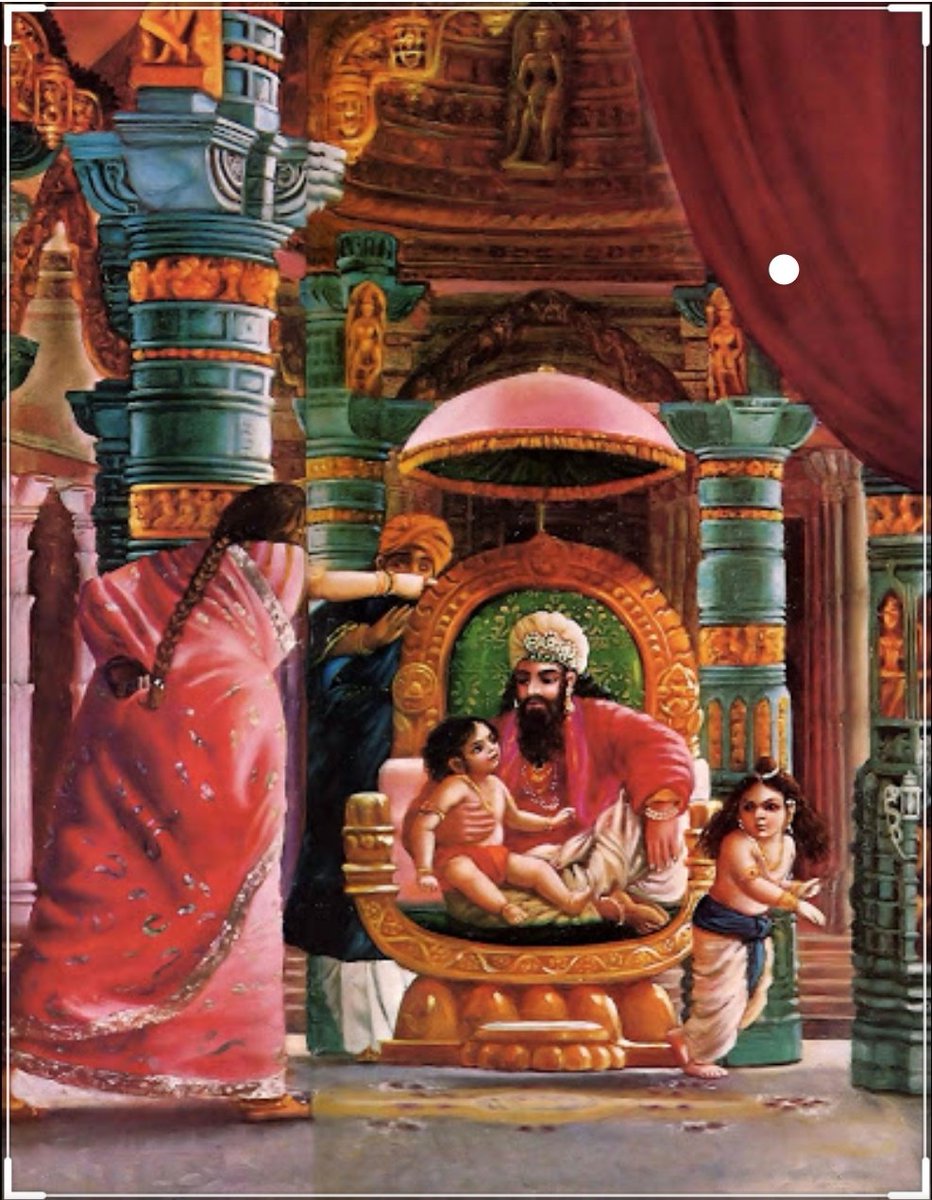
Dhruva protested questioning his step mother "why can't i sit on my own father's lap?" A furious Suruchi berated him saying "only God can allow him that privilege. Go ask him"
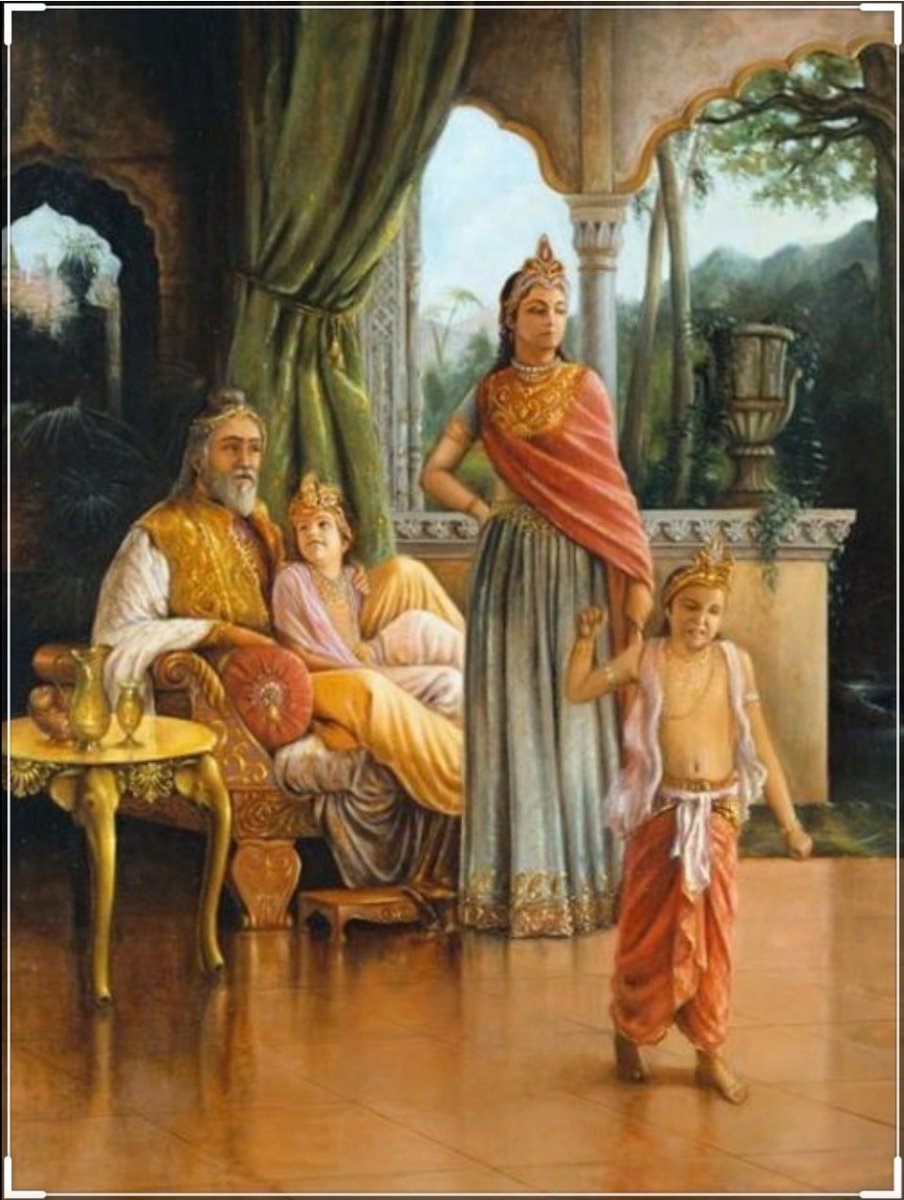
Once upon a time there was a Raja named Uttānapāda born of Svayambhuva Manu,1st man on earth.He had 2 beautiful wives - Suniti & Suruchi & two sons were born of them Dhruva & Uttama respectively.
#talesofkrishna https://t.co/E85MTPkF9W

Prabhu says i reside in the heart of my bhakt.
— Right Singh (@rightwingchora) December 21, 2020
Guess the event. pic.twitter.com/yFUmbfe5KL
Now Suniti was the daughter of a tribal chief while Suruchi was the daughter of a rich king. Hence Suruchi was always favored the most by Raja while Suniti was ignored. But while Suniti was gentle & kind hearted by nature Suruchi was venomous inside.
#KrishnaLeela

The story is of a time when ideally the eldest son of the king becomes the heir to the throne. Hence the sinhasan of the Raja belonged to Dhruva.This is why Suruchi who was the 2nd wife nourished poison in her heart for Dhruva as she knew her son will never get the throne.

One day when Dhruva was just 5 years old he went on to sit on his father's lap. Suruchi, the jealous queen, got enraged and shoved him away from Raja as she never wanted Raja to shower Dhruva with his fatherly affection.

Dhruva protested questioning his step mother "why can't i sit on my own father's lap?" A furious Suruchi berated him saying "only God can allow him that privilege. Go ask him"








